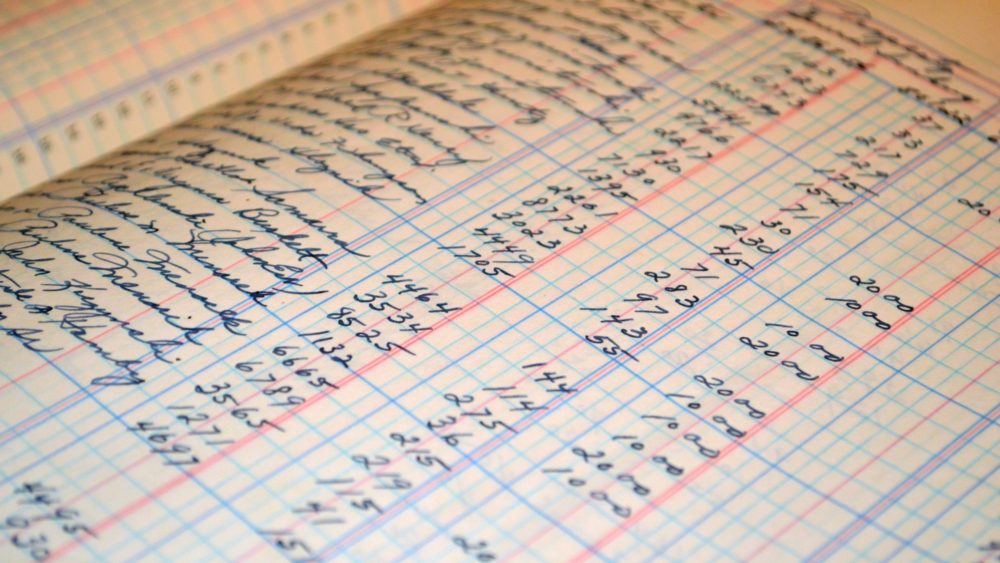In these difficult weeks, with european hospitals overwhelmed by coronavirus cases, tax dodgers should feel a profound sense of shame.
Experts say the urgency of unemployment benefits combined with the additional burden on health systems should call for a more forceful tax response to the crisis internationally. But now that governments are facing an economic meltdown due to the Coronavirus crisis, they are facing a dramatic reality: more than six hundreds billion in tax revenue is lost globally every year (estimates that do not take private assets into account).
Bolstering our public services starts with fighting tax evasion more promptly and rigidly. Enduring and efficient public responses to national crises require administrative capacity and tax resources. Tax avoidance and global tax competition across Europe limit the ability of countries to address important issues in time of need. However, the price of our government’s failure to tackle tax evasion and tax avoidance is not limited to the cost of protecting our economies. Health systems around the world are crumbling under the heavy pressure of COVID-19, making clear how much they depend on solid and reliable public services.
The Italian case
Italy, which became ground zero of Europe’s coronavirus crisis, has a 30% evasion rate. In 2016 it lost $118.5 billion to tax dodging and under reporting, according to government estimates. In the past couple of years, several amnesties brought in additional and limited tax revenues but also nurtured the idea that non-compliance with tax laws could be fruitful in the end thanks to a large discount on the real amounts due. This era should be over.
The Italian national health service, which has suffered cuts of more than 37 billion euros with a significant reduction of ICU beds together with a progressive privatization of health care, especially in the North, at the expense of grassroots medical care, was not ready for the COVID-19 pandemic. There is a growing number of doctors who have died as a result of the virus. In Italy, for instance, over 140 health-care professionals have died so far. A critical situation accentuated by a lack of protective equipment.
The inability to accommodate a large number of patients falling gravely ill at the same time is strictly linked to the scarcity of doctors and nurses, and even the Pope said that Italy tax dodgers should take the blame for the national health services’ difficulty to cope with the virus outbreak. Governments struggle to provide enough health-care workers in order to make intensive therapy units work.
The Coronavirus paradox
That’s the paradox: companies that can make a profit from the crisis are receiving huge amounts of public subsidy despite paying no taxes in recent years. For this reason, the shift to remote working for large parts of the population calls for a radical reform of digital taxation. Those who stand to benefit from this crisis by increased market share should contribute to its recovery when the lockdown is lifted.
As ordinary citizens experience their public services collapsing, those profiting from tax avoidance remain largely protected from the economic effects of the virus. They will still be able to pay for private healthcare and avoid areas where contagion is most likely, such as public transport and the workplace. The wealthy’s experience of the pandemic will be completely different from that of the majority.
Of course, it’s too late to retrieve the money that was lost, but from now on we should consider that there is a dramatic human cost due to tax evasion and tax avoidance.
Some countries, such as Poland, Denmark and France, have already refused to let companies registered in offshore tax havens access financial aid from their coronavirus bailout schemes. As the Tax Justice Network pointed out last year, 40% of today’s cross-border direct investments reported by the IMF (roughly $18 trillion in value) are being booked in just 10 countries that offer corporate tax rates of 3 per cent or less. Large companies that regularly dodge their obligations shouldn’t expect to get bailed out when things go wrong. That is essential in ensuring that large relief spending is going in the right direction and other Eu member states should follow suit.
Billionaire, pay your share!
For these reasons, DiEM25’s “Billionaire, pay your share!” campaign will be crucial for the coming months. We are calling for progressives and democrats to unite in the struggle to secure our future from the greedy and corrupt. Tax avoidance is not a just national problem: it’s a capitalist problem, and we need to fight against it as Europeans. Europe has the responsibility to stop the greed and excess of billionaires and corporations by adopting adequate measures to make them pay their fair share.
Do you want to be informed of DiEM25's actions? Sign up here















